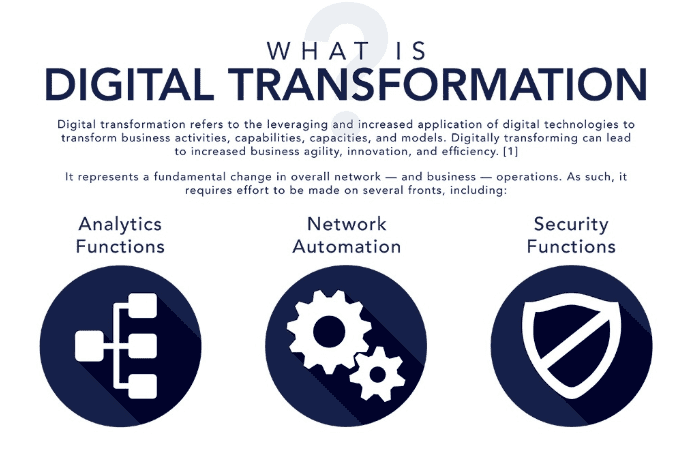One of the common misconceptions about fixed wireless internet is that it lacks the security of more traditional internet options like fiber or cable. In reality, modern fixed wireless networks have evolved significantly and now incorporate advanced security protocols that safeguard users’ data and privacy, making them just as secure, if not more so, than other internet technologies.
Myth : Fixed wireless internet is not secure.
Fact : With proper security measures and network infrastructure, fixed wireless internet can be very secure.
Security is a major concern for many users considering fixed wireless internet. However, modern fixed wireless networks are equipped with advanced security protocols that protect your data and privacy, such as:
Encryption: A Key to Secure Data Transmission
In the telecommunications world, safeguarding sensitive information is a top priority when choosing a provider. Modern fixed wireless networks employ industry-standard encryption protocols to protect data as it travels between your network and the internet. These protocols, such as military-grade AES-256 encryption, make it highly challenging for unauthorized parties to intercept or access information. Over the years, fixed wireless providers have continuously enhanced their encryption methods to ensure stronger, more reliable protection for users’ data, offering the same level of security as other traditional internet technologies.
Physical Security: Harder to Access, Harder to Tamper With
One of the main advantages fixed wireless has over traditional wired networks, like fiber, is the use of line-of-sight technology. Unlike fiber, which relies on physical cables that can be damaged, tapped into, or exposed to tampering, fixed wireless systems transmit data wirelessly, without the need for vulnerable ground-based infrastructure.
Fixed wireless antennas are often installed in secure, hard-to-reach locations, reducing the risk of physical tampering. This makes fixed wireless a safer option in environments where physical access to cables or infrastructure could be a security concern. The reduced physical exposure enhances overall data security, as there are fewer opportunities for unauthorized parties to interfere with the system.
Additional Security Measures to Consider
While encryption and physical security are the two main factors where fixed wireless and fiber differ, there are additional security measures that apply to both types of internet technology. These are worth considering for anyone seeking to enhance their network’s protection:
• Firewalls and Intrusion Detection Systems (IDS):
Firewalls and Intrusion Detection Systems (IDS) are critical components that help prevent unauthorized access, actively monitor for suspicious activity, and safeguard network integrity. Network firewalls and IDS provide an additional layer of security by monitoring traffic for potential threats or unauthorized access attempts. These systems are capable of identifying suspicious activity in real time and can block attacks before they penetrate the network. This proactive approach greatly enhances the security and ensures that your data stays protected from external threats.
• Regular Security Updates:
Regular security updates are essential for keeping your system secure. These updates patch vulnerabilities, improve encryption protocols, and address new cybersecurity threats. In addition to software updates, be proactive to identify potential weaknesses before they become a threat. This can include performing regular security audits, running penetration tests, and deploying advanced threat detection systems. By staying ahead of cyber criminals, you can ensure your connection is protected against even the most sophisticated attacks. This level of proactive maintenance and continuous improvement is crucial for maintaining the integrity of sensitive data and safeguarding business operations.
• Multi-Factor Authentication (MFA):
Multi-factor authentication (MFA) adds an extra layer of security by requiring multiple forms of verification before access is granted. This greatly reduces the risk of unauthorized access, especially for networks that are accessed remotely. By combining something you know (like a password) with something you have (like a phone or authentication app), MFA makes it much harder for cybercriminals to breach your system, even if one layer of security is compromised.
With all these security features in place, fixed wireless internet has become a highly secure and reliable option for businesses and individuals alike. By combining cutting-edge encryption, monitoring, and regular updates, fixed wireless networks provide the level of security that users expect in today’s digital landscape. As long as users follow best practices—such as updating passwords regularly and enabling firewalls—fixed wireless internet can offer a secure, high-performance alternative to traditional broadband options.
Contact MHO today to learn more about how our fixed wireless network could be the solution you’ve been looking for.






![[Infographic] Fixed Wireless: What You Need To Know](https://blog.mho.com/wp-content/uploads/2017/06/Screenshot-2025-06-24-141710.png)
